#Mary I Tudor
Text



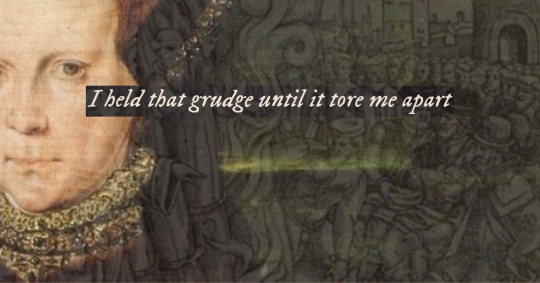
“And I feel like my castle’s crumbling down…”~ Castles Crumbling by Taylor Swift ft. Hayley Williams/// Queen Mary I
#mary i#taylor swift#henry viii#the tudors#catherine of aragon#tudor history#english history#tudor era#mary i tudor#queen mary i#queen mary i of england#mary i of england#mary tudor#castles crumbling
140 notes
·
View notes
Note
After Reader (Henry’s child) fell (pushed) from the Tower, Yandere platonic Henry and his wives (one is Reader’s mother) are with Reader and not leaving their side. Once Reader is awake and hears that Reader won’t be able to walk, Reader is crying, because Reader thinks they failed their family. This breaks Henry’s heart as well as wives’ and they hug Reader saying that they still love them, no matter what. But yandere platonic parents promise to find the culprit and Reader described how the culprit looked like, because Reader is the only one who saw the culprit. But still Reader tries to walk, training themselves and once they finally able to walk, Reader called their servants to get Reader to the court (they wanted to make a surprise for parents and siblings). Once they are at court, someone said that “such a shame they can’t walk anymore”, Reader then stops the servants, before they get Reader to The King and Queen, confusing everyone. Then this happened, Reader stands up from wheelchair and before anyone rush to help Reader, Reader stops them, and then walks towards their parents without any pain and all, saying “Surprise”. Only for parents to cry out of happiness.
When I was writing this, I became so emotional about it. Anyway what do you think? How would Yandere platonic Henry and his wives Catherine of Aragorn, Anne Boleyn and Jane Seymour (separately) react to it? The same question for yandere platonic Mary, Elizabeth and Edward?
You made me emotional too.🥺 It made me happy that it ended happily. I think the reader's mother is very happy to see the reader walking. But it is now more protective of the reader. Henry can't breathe until the culprits are found. Henry will ensure that the reader has more guards around him. Henry is very happy when he sees the reader walking. Mary, Elizabeth and Edward were very worried and upset for the reader. It makes them very happy that the reader is walking again.
#house of tudor#the tudors#yandere the tudors#king henry viii x reader#king henry viii#the tudors characters x reader#mary i tudor#elizabeth tudor#edward tudor#catherine of aragon#anne boleyn#jane seymour
75 notes
·
View notes
Photo
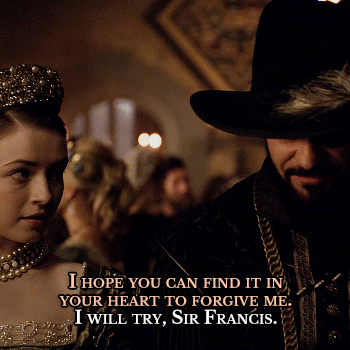
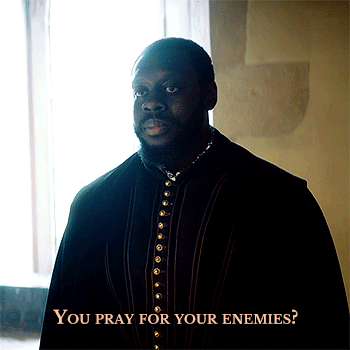


The Tudors (2007–2010), 3x02 | Becoming Elizabeth (2022–), 1x04
#The Tudors#Becoming Elizabeth#Mary Tudor#Mary I Tudor#Mary I#Francis Bryan#Pedro (Becoming Elizabeth)#Sarah Bolger#Romola Garai#Alan van Sprang#Ekow Quartey#period drama#thetudorsedit#becomingelizabethedit#perioddramaedit#gifshistorical#periodedits#tudoredit#The Tudors 3x02#Becoming Elizabeth 1x04#my gifs#...and then we have 'Princess Mary will not forgive but I can make her forget'#I still wonder how did Somerset picture himself making Mary forget#(cause he definitely meant not simply saving John's life or wealth even - that one's easy)#(but also keeping John in government - which is... a hard venture to say the least)#it should have been comedy gold#and definitely not as successful as Somerset imagined#but I would love to hear his arguments in that particular case XD#yes it's a fic prompt you all
281 notes
·
View notes
Text
Mary and Kat

Catalina and Anne

The de Aragons and their respective beheaded cousin <3
#no but like#i just realized that depending on how you play it#its the exact same shit but ones more dramatic than the other#guess which ones more dramatic#((its the youngins))#drew them to practice on curly hair lol#catalina de aragon#catherine of aragon#six catherine of aragon#anne boleyn#six anne boleyn#mary tudor#mary i of england#mary i tudor#katherine howard#six katherine howard#hc the spaniards have resting bitch face#six#six the musical#six the musical fanart#beheaded cousins#my art
96 notes
·
View notes
Photo

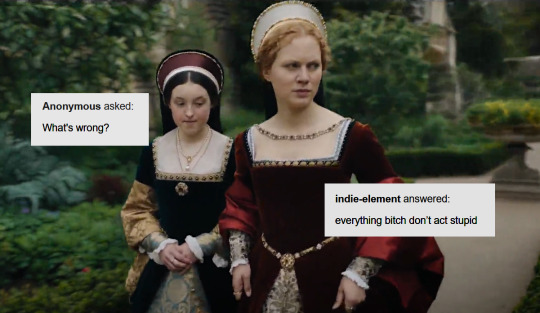
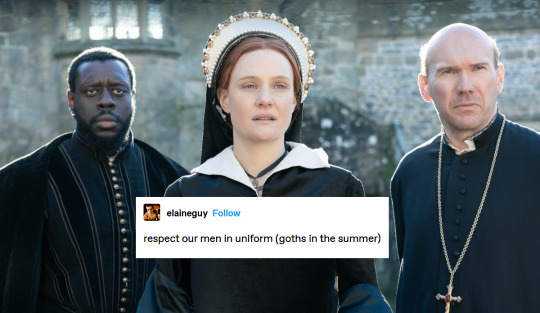
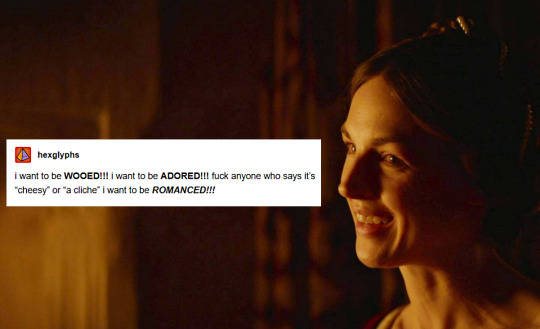




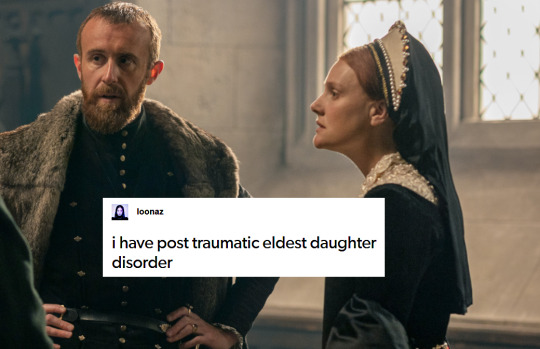

Becoming Elizabeth + Textposts (the grand finale)
Bonus:

#becoming elizabeth#edward vi#elizabeth tudor#john dudley#jane grey#mary i tudor#katherine parr#henry grey#Edward Seymour#sir pedro#thomas seymour (derogatory)#feat. stephen gardiner#theyre all awful ur honour#cant wait for the finale so my suffering will end
216 notes
·
View notes
Text

Queen Mary i
#queen mary i#mary tudor#catherine of aragon#catherine of aragon edit#royal moodboard#royal aesthetic#aesthetic moodboard#perioddramaedit#tudor period#tudoredit#thetudorsedit#the tudors#the tudor dynasty#tudor tag#tudor dynasty#tudor era#tudor rose#tudorsedit#mary i tudor#period drama#periodedit#moodboard#princess aesthetic#aestethic#my moodboards#my edit#princess moodboard#princess core#perioddramasonly#perioddramacentral
25 notes
·
View notes
Text
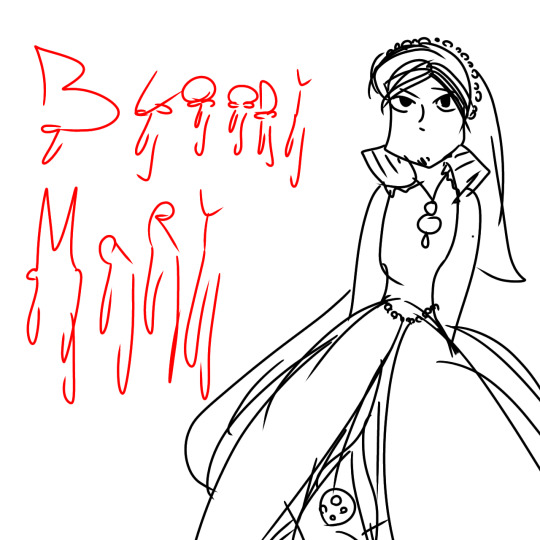
😍😍😍
4 notes
·
View notes
Note
do you think catherine of Aragon loved King henry 8th by the end of their marriage and her life with the blame more so on Anne. Or that she was trying to safekeep her daughters inheritance and safety, and regain her position? She’s an excellent politician and diplomat but it’s also a very misogynistic time so I never knew what to think.
We can't know for certain. There is no way to know.
What we do know is that, up to the very end of her life, Catherine of Aragon fought for her daughter's rights and her daughter's inheritance. Every time she gritted her teeth and wrote courteously to Henry VIII it was with the knowledge that Princess Mary was in his custody and under his power, and there was nothing she could do about it. She and Henry had been married nearly thirty years before he divorced her. Whatever her feelings for him were, they were not simple. They can't have been, after that long, and after all that happened between them.
Whether she hated Anne personally or hated the fact that Anne was a legitimate threat to her beloved daughter, Catherine of Aragon had no reason to think charitably of her. Even if we take the accounts of Anne's spite toward Catherine with a grain of salt, she still stood by while Henry publicly humiliated his wife of several decades. She had plenty of chances to marry other people or to do something else with her life, but she chose* to pursue a married king. She was also at least Lutheran-leaning, which would have been horrifying to Catherine, daughter of Isabela la Católica.
Did she blame Anne more than Henry? Probably yes. Catherine was a proud woman, after all; her mother had been queen of Castile in her own right. And she was a devout Catholic who believed that marriage was a lifelong commitment. She believed she was still married to Henry VIII, no matter what he or his upstart new church claimed. Anne, therefore, was aiding and abetting Catherine’s husband’s adultery, while luring him into heresy and convincing him to disinherit their daughter. Rooting Catherine’s attitudes in the prevailing beliefs of her time means that she would have viewed Anne as someone literally leading her husband and the father of her child into Hell.
From a political standpoint, she would probably have viewed Henry’s actions as an unmitigated disaster. He was risking war with the Holy Roman Emperor, Catherine’s own nephew, and alienating the entire Catholic Church, one of the most powerful political players in Europe. At least until Charles let his armies sack Rome in 1527 and took the Pope prisoner. But even still, Anne brought no discernible political advantages--she was from the English gentry, not even the high nobility. Henry’s interest in her made no political sense at all, in the context of his reign. Even when he was considering annulling his marriage to Catherine with the Church’s consent, early in the 1520s, Cardinal Wolsey was pursuing an alliance with France designed to balance whatever insult the Spanish might see arising from his abandonment of Catherine. Wolsey’s inability to see that Henry was seriously pursuing Anne until it was too late was the final straw that led to his downfall.
But if we look at what’s left of Catherine’s own words, whether in her own hand or dictated, her primary concern during the divorce proceedings was for her daughter Mary. She knew--from her own experiences--just how vulnerable Mary’s position was, and she was desperate to find her some small measure of security. And it is heartbreaking that she died with no assurance of that.
* I sincerely doubt that Catherine took into account the different pressures placed on Anne by her family, Henry, and the court. Since the ask is interested in Catherine’s perspective, I am focusing on that.
#16th century#england#henry viii#catherine of aragon#anne boleyn#mary I tudor#in case it isn't obvious#i am 100% team queens
12 notes
·
View notes
Text
But there was ample ground for Renard’s fear lest Mary’s popularity should decline, and not least among the reasons for such a decline was the fact, that she had abrogated the law framed by her father, by which libels on the sovereign were punishable by death. The country was inundated, at this time, with foul and scurrilous sermons and pamphlets, the perpetrators screening themselves behind the Queen’s strictly constitutional mode of government, knowing that the utmost penalty for language that would be an insult to the meanest woman in the land, and which they freely indulged in to vilify their Queen, would but cause them a brief and slight inconvenience. Thus we hear of two men in the pillory in Cheapside “for horrible lies and seditious words against the Queen’s Majesty and her Council,” and this kind of punishment became now of frequent occurrence, although most of the slanders were anonymous, and could never be traced to their authors.
The history of Mary I, Queen of England by J.M. Stone.
*I hate how it's always overlooked.We know about Catholics who was disrespectful and hateful to Elizabeth,the Protestants against Mary QOS as well.But I did not see so much person who points that Protastants was hateful to Mary I,even before the burnings.They spread pamphlets all over London where they made fun of her.Even claimed that her child that she carry is the bastard of the Stephen Gardiner.(This is specifically so disrespectful to a woman like Mary😤)
After the pregnancy was over and there were no child,it gets so much worse.
John Knox called her "Jezebel" and "incestuous bastard"and the attacks all woman,how they are not fit to rule and they are "monsters" on this earth
(Also;I'm recently very into this topic.If you any source and knowledge that you know,feel free to share with me:)
11 notes
·
View notes
Text
The French Revolution and The Dissolution of the English Monasteries
So, slightly weird selection of topics to be thinking about in the same sentence, but French Revolution and the Dissolution of the Monasteries do have a surprising amount in common.
Firstly, there is the timescale on which both are operating. Although, as with most major events in history, there was a lot of buildup, and things were influenced for decades afterwards, both the French Revolution and the Dissolution of the Monasteries took at most a decade to run their courses through. The monasteries were dissolved in the decade between 1530 - 1540, and the Revolution was brought to a halt by the Coup of Brumiere in 1799, exactly a decade after it had begun.
Such big changes happening in such a short space must have been dizzying for the people who had grown up under the old system. And although many must have felt exhilarated, it’s unsurprising that many had doubts. When the French Revolution was starting to gather the momentum that would lead it toward the Terror, some of the more moderate reformers, such as the Marquis de Lafayette, thought it impossible that a country could function would a king as head of state, even if that king’s functional power was practically negligible. Later on, when the most Extremist of the Mountain were pushing things towards the declarations that “Terror is the Order of the Day”, the Indulgents were attempting to rein the situation in a bit, which went amazingly well for them all. A similar pattern is visible in the Dissolution: the Henrican Moderate Catholics were unwilling to take part in the reforms that swept the realm on the Accession of the fervently Protestant Edward VI, and there were multiple rebellions in the south and East of England over the dissolution of the monasteries. Moving forwards in time, Mary’s burning of Protestant bishops has an interesting parallel to the CSP and their Law of Suspects.
There is also the psychological effect of the Revolution and the advent of Protestantism to consider. The clarity and feeling that you were in personal commune with either your God, or the way your country was run, must’ve been an exhilarating and addictive sensation. Men like Camille Desmoulins and Thomas Cranmer seem almost bowled over by how sharp and well defined the new order is. However, the mysticism of the older Regimes, and how deeply ingrained into the very fabric of the country’s history, will have made them feel more secure. There were a lot of people willing to reform what was already there, but upending the familiarity of what they had grown up with was a step too far.
It’s always very interesting to consider the similarities and differences that occur in historical events. Not least because it leads one to speculate on what might have happened elsewhere, if events had taken a different turn.
(If there is anything I have somehow overlooked, or got a fact wrong, please do correct me.)
#frev#frev community#dissolution of the monasteries#napoleon#camille desmoulins#thomas cranmer#historical musings#lafayatte#Edward VI#mary i tudor
2 notes
·
View notes
Text

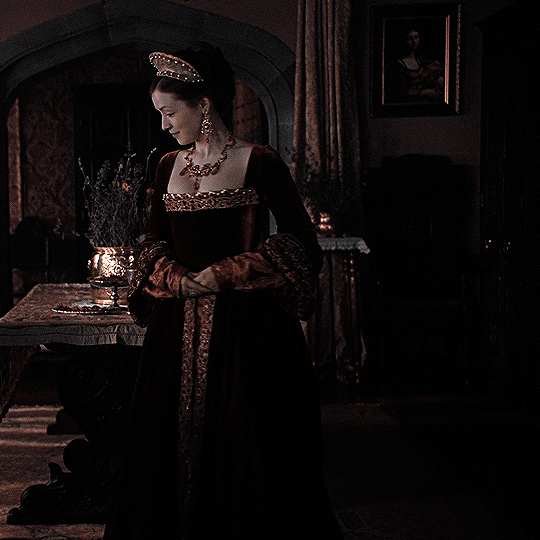
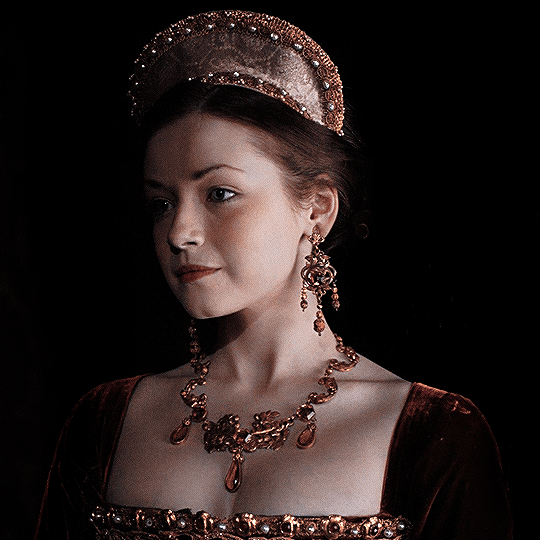
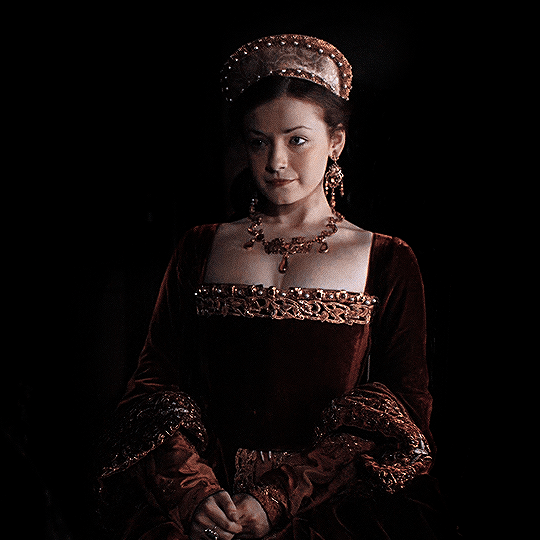
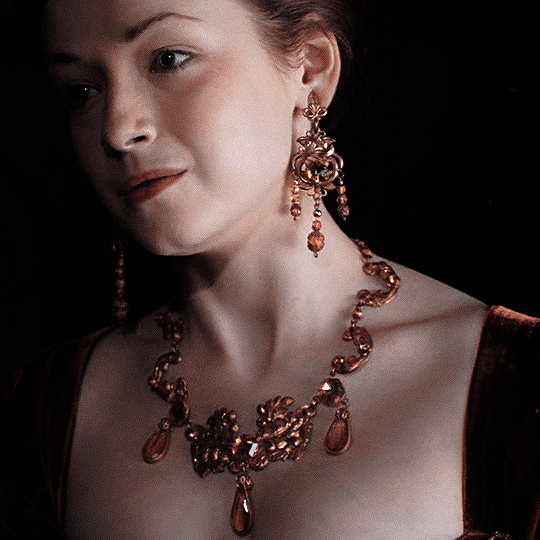
Sarah Bolger as Mary Tudor
THE TUDORS (2007–2010)
#☙#mary tudor#mary i#the tudors#sarah bolger#period drama#period dramas#tudoredit#thetudorsedit#thetudorsgifs#perioddramagif#perioddramaedit#perioddramacentral#weloveperioddrama#costumeedit#tudorerasource#renaissance era#tudor era#costume#❦ I make gifs ❦
863 notes
·
View notes
Text

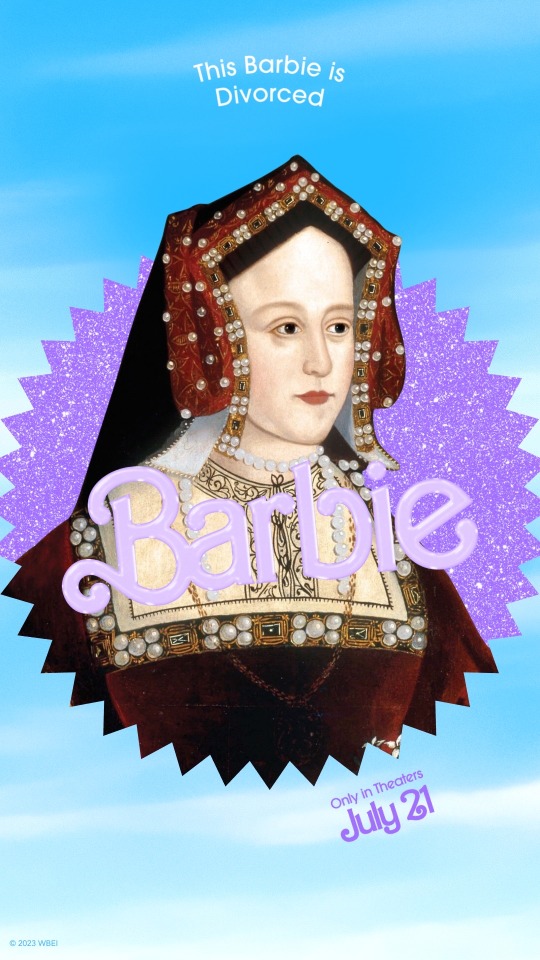





Meet the Barbies
#idk what this is#i’m sorry#catherine of aragon#anne boleyn#jane seymour#anne of cleves#katheryn howard#katherine parr#henry viii#Barbie#barbie the movie#mary i#elizabeth i#elizabeth i of england#queen elizabeth i#queen elizabeth i of england#queen mary i#queen mary i of england#mary i tudor
313 notes
·
View notes
Note
Reader (Henry’s eldest daughter): “I fell into a trap. I just went to kiss her and now she’s got me and she won’t let me go”
Yandere Mary: “Mine.”
Reader: “Yes I know, but eh- tries to get out
Yandere Mary: “Mine”
Reader: “Eh”
Yandere Mary: “Mine”
Reader: “Eh”
Yandere Mary: “MINE!”
Reader: “God damn it” and gives up
Meanwhile Mary is happily cuddling her sister, until Elizabeth and Edward appear.
Yandere Edward: “Big sister we want cuddles”
Yandere Mary: “She’s mine. I got her first”
Yandere Elizabeth: “Sharing is caring, right Big sister?”
Reader: sighs “Yes”
And all of them cuddles, meanwhile Reader is like “I’m in danger”.
I just got this scenario, and I don’t know why. How would Yandere Mary, Elizabeth and Edward act around Reader? You just said that they would have an unhealthy attachment to their sibling. Can you um describe it, please? Thank you
It was a very funny and funny scenario. 😅 Although it can't be said to be very pleasant for the reader.🤗
As far as I understand, the reader is the biggest of the three. All will have unhealthy attachments. Mary was betrayed by her father. Henry ignored his mother and her. His rights were taken away and he was insulted by Anne. He was forbidden to see his mother. He develops an unhealthy addiction due to the lack of trust and the figure of the parent in his life. Elizabeth was betrayed by her father. The loss of her mother also hurt her a lot. In addition, the abuse and humiliation she faced hurt Elizabeth badly. In Edward's life, his mother's love has always been lacking. In other words, these three children will try to get the missing love in their lives from the reader.
#yandere tudors characters#yandere the tudors#yandere tudors#house of tudor#the tudors#mary i tudor#elizabeth tudor#edward tudor#the tudors characters x reader
62 notes
·
View notes
Photo
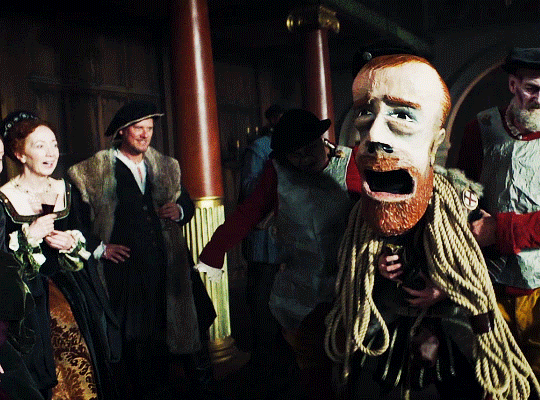

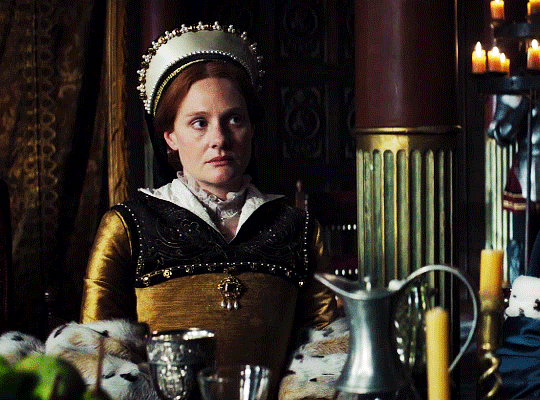
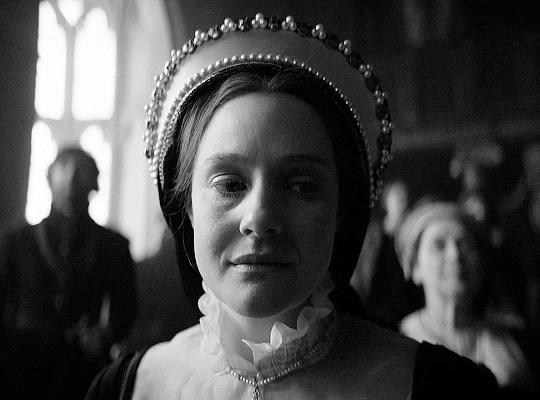
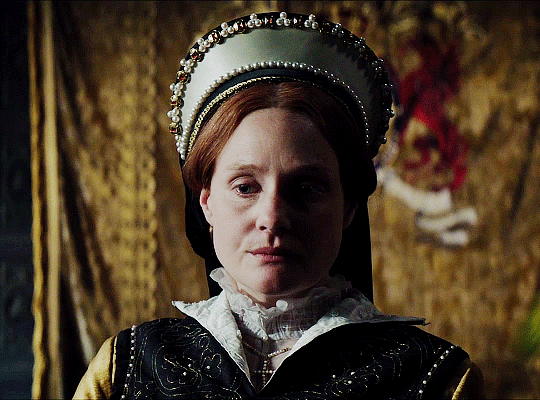
The England you wanted to rule, I wanted to live in it.
Becoming Elizabeth (2022–), 1x08 | 1x02
#Becoming Elizabeth#Edward Seymour#Edward Seymour Duke of Somerset#Mary Tudor#Mary I Tudor#Mary I#John Heffernan#Romola Garai#period drama#becomingelizabethedit#perioddramaedit#gifshistorical#periodedits#tudoredit#Becoming Elizabeth 1x08#Becoming Elizabeth 1x02#my gifs#honestly I wish she had cried again that second time around#not that I expected her to leave the room or put herself in danger in any other way#but her reaction still felt too... restrained#but even so - it's clear that she _cared_#btw: I'm still team Mary - probably always will be team Mary
389 notes
·
View notes
Text
planning out a Kary multichap and

its been going
#musicallypan#fanfic#six the musical#mary i of england#mary tudor#mary i tudor#i just think its hilarious#katherine howard#she's not mentioned but she's in there somwhere
23 notes
·
View notes
Photo


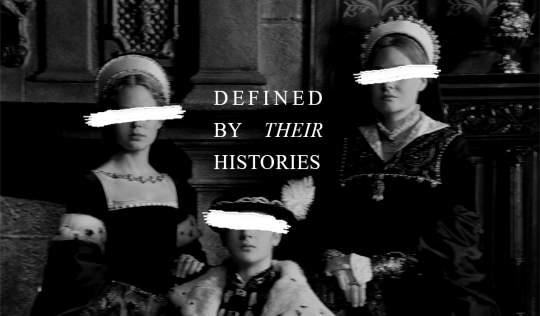
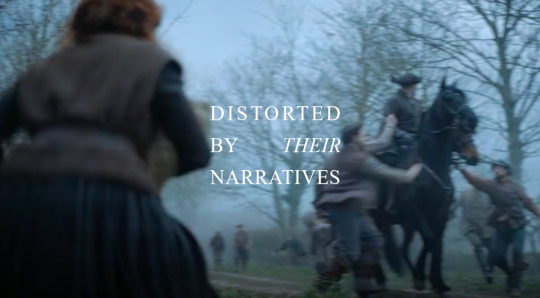
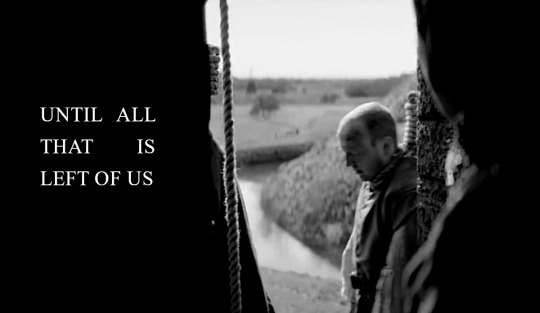
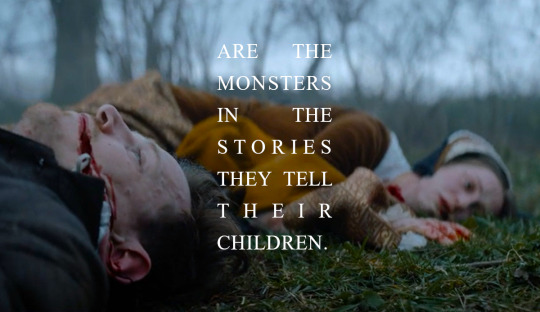
"In 1549 AD Robert Kett yeoman farmer of Wymondham was executed by hanging in this Castle after the defeat of the Norfolk Rebellion of which he was leader. In 1949 AD – four hundred years later – this Memorial was placed here by the citizens of Norwich in reparation and honour to a notable and courageous leader in the long struggle of the common people of England to escape from a servile life into the freedom of just conditions" - Norwich Castle Plaque
#becoming elizabeth#robert kett#elizabeth tudor#mary i tudor#edward vi#history#kett's rebellion#rewatching black sails and remembered this quote#and then quickly remembered how badly BE butchered ketts rebellion#like say what you want about the tudors#at least it highlighted the cruelty of the monarchy and rich#and showed WHY people rebelled and WHY people had enough#anyway when are we gonna get a movie about kett's rebellion
258 notes
·
View notes